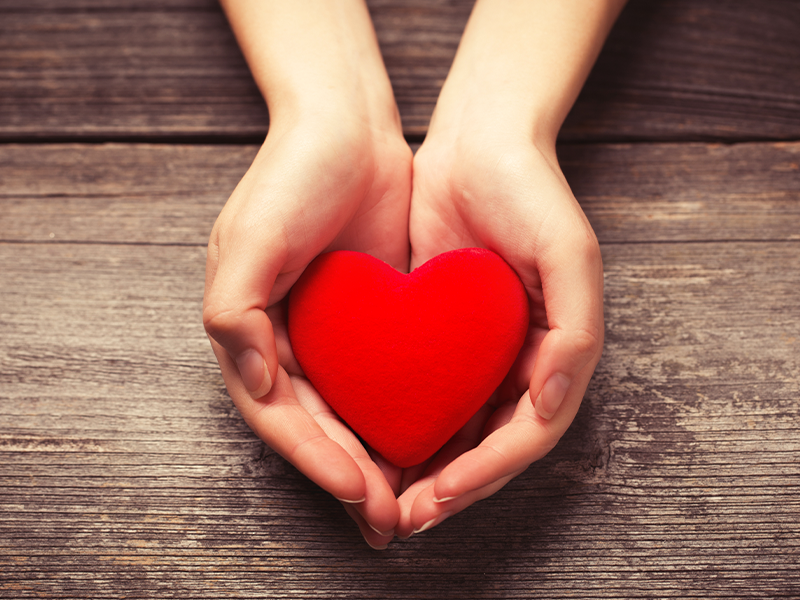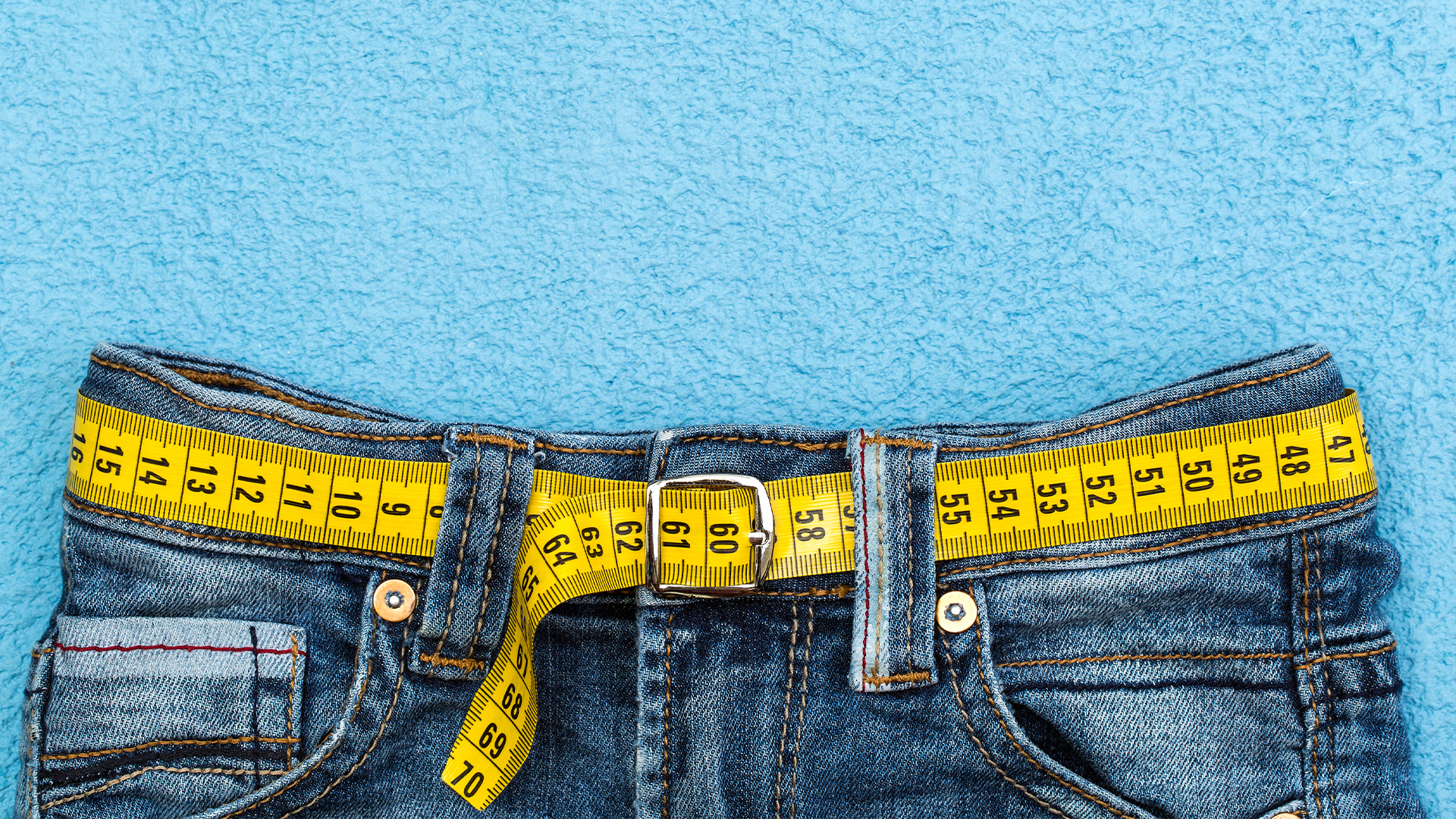Things you’ll learn in this blog… |
Ask most people when they want to achieve their goal weight, and the answer will invariably be…yesterday.
It feels like weight takes a second to gain and a lifetime to lose, which can be highly frustrating.
So it’s not surprising that despite gradual weight loss, many people seek a shortcut or “quick fix” to magic away those stubborn pounds.
Of course, while there are ways to help melt away the weight quickly, they aren’t always advisable (if you want to do it healthily and sustainably).
We’re sharing how to fast-track your weight loss and how to ensure that you do it in a healthy way that allows you to keep the weight off.
Why might you need to lose weight fast?
The chances are you have a specific event or date coming up that makes you want to shift a few stubborn pounds quickly.
Maybe a holiday, a wedding or a social gathering?
And that’s totally understandable!
As much as we want might want to fight it, there are still certain societal expectations placed on looks, and these are often linked to weight. So wanting to drop weight quickly before a significant life event or holiday is something that many people feel.
You only have so much time to prepare and know exactly how much weight you need to lose to fit into that outfit.
However, before we begin it’s worth noting that losing between 1-2 pounds per week is considered safe. Anything more than that can cause long term health effects, and is not considered safe.
How can you lose weight fast
So, what do you do if you want to shift the weight fast?
When it comes to weight loss there are three key areas to concentrate on:
- What you eat
- How much you exercise
- Your mindset
1. Cut down on the calories
Ultimately weight loss or gain comes down to the number of calories you consume.
If you burn more calories than you consume then you will lose weight. If you burn less than you consume then it will lead to weight gain - although it can be more complicated than that it’s the basic principle of weight loss.
So, in order to achieve your weight loss goals you need to be in a calorie deficit. What this looks like exactly will depend on a few factors including how much you weigh, how much you want to lose and how active you are.
You might need to make quite drastic changes to your diet and usual eating habits. How you do this will depend on what food you like, but it’s likely that you will have to ditch high calorie and fast foods with low-calorie healthy choices.
Weight loss is something that occurs over a period of time, but the good news is, the first few weeks are the easiest, before your body “adapts” to the fact that you’re ditching calories.
At that point it slows down the weight loss. This will inevitably mean you’ll need to ditch a few more calories each week, which makes it that bit harder.
This is good news if you are looking to lose a few pounds in a short space of time, but will make long-term weight loss a little bit harder.
What’s the best diet to follow for weight loss?
There are loads of tried and tested as well as fad diets out there, from keto and intermittent fasting to the more obscure cotton wool diet (no we don’t recommend it).
Ultimately sticking to a lifestyle of healthy eating (rather than a diet) that is sustainble is going to be the best choice.
Not only will it allow you to drop weight at a healthy pace, you’ll be able to keep the weight off and avoid yo-yo dieting which can be even more damaging to your health.
Keto, vegan, paleo and intermittent fasting are some of the diets that can become part of your lifestyle.
If you are trying to jump start your weight loss journey then intermittent fasting can be particularly effective. By eating breakfast a bit later, and dinner a bit earlier you can fast for 14 hours of the day. Eating only when you're most active and giving your digestion a long break may aid weight loss.
However there are loads of diet options out there and you should find the one that works for you. But ultimately they will all follow the basic principal of consuming less than you burn.
Related content: The best diets for women’s weight loss according to nutritionists
2. Increase your exercise…
Whereas normal dieting will simply require you to “move around a bit more often”, losing weight quickly requires that you exercise regularly to burn more calories.
This of course, has multiple benefits beyond weight loss and can help your cardiovascular health as well as making you physcially stronger and feel more confident.
Exercise doesn’t have to be boring or torturous, you can find something that you enjoy and incorporate this into your routine. Dancing, running, lifting weights, hiking, cardio classes - they are all forms of exercise.
And while yes, by it’s very nature exercise will be difficult it does’t have to be something you hate. And in fact, doing something you enjoy will make you more likley to do it.
If you are already exercising and want to lose weight then add more - doubling your usual efforts for a short period of time will help. Add in an extra day or two or exercise, run for a little longer etc.
However, it’s also worth noting that if you are already exercising then your body can adapt to the exercise. So switch things up, and make sure you are progressively making the exercise harder ie. once a 2 mile run becomes easy up the intensity or add on some extra miles - you should always be pushing yourself.
Related content: HIIT vs LIIS: what is th difference
Improve your mindset…
Dieting can be as much of a mental battle as it is a physical one, and luckily there are some habits you can implement to help you succeed,
Eating whilst watching tv or listening to music can lead to mindless eating, distract you lead you to overeating. It’s important to be mindful about what you eat to ensure you don’t overconsume by accident.
Eat slowly and enjoy the taste of each bite. This will also mean that your stomach will feel fuller more quickly. Using your non-dominant hand to eat is another psychological trick which can help.
It’s also important to be vigilant and try to be creative in your day-to-day life to maximize your calorie burn. Standing is a much better option than sitting down, for example. If you normally sit at a desk when working, see if you can change this to a standing desk.
If you need to go to the shops, ditch the car and walk or cycle instead wherever possible. If you feel you are thinking about food too often, call a friend and go for a walk. Do what you can to keep your head in the game at all times.
Basically implement more movement into your day on top of your exercise.
Related content: Top tips for better portion control
Stay motivated
Permanent weight loss requires making healthy changes to your lifestyle and food choices. To stay motivated, try to remind yourself as to why you’re doing what you’re doing.
Put motivational stickers around the house where you’ll see them and keep a note of your “deadline day” where you can see it.
Get plenty of sleep
If you are lacking in sleep, the chances are, you’ll feel more hungry as your hunger hormone increases as a result. So it’s important to get to bed early and make sure you’re getting plenty of rest.

Sleep deprivation can also affect your motivation, so aim for eight hours of quality sleep a night.
Related content: Sleep hygiene: what is it and how to improve it
Drink more water
Drinking plenty of water, especially before a meal, will make you feel fuller and will lead you to eating less than you would normally.
Why is a crash diet is a bad idea?
So, while all this might suggest that we agree with the idea of crash dieting, it’s quite the contrary.
Crash dieting is not a sustainble or safe way to lose your extra weight. And while it’s been the focus of the weight loss industry for a long time, losing weight over a period of time is a much more safe and sustainable way to do it.
And…it’s more likely to last.
Losing weight quickly is a short term solution to a long-term problem and in the long run will impact you negatively.
Losing 1-2 pounds per week is generally considered a safe amount and any more than that will require drastic calorie cuts and exercise (which might lead to disordered eating).
The health risks of a crash diet
The main risk of crash dieting is that you will get into a cycle of yo-yo dieting. You will lose weight for a specific event, pile it all back on and then begin the cycle again the next time you have a holiday or wedding to attend.
There is actually evidence to show that those stuck in a yo-yo diet cycle gain more weight overall - making it unsuccessful in the long-run.
Physical side effects of a crash diet
But the main consideration is that crash dieting is not good for your physical health. Drastically limiting the number of calories you consume for short term gain is a shock to the system, and can lead to you feeling hungry and lethargic.
It’s not necessarily a bad thing to feel hungry but crash diets tend to make us over-compensate by overeating.
The lack of calories can impact multiple aspects of your health and lead to:
- Irregular bowel movements
- Weakened immune system
- Dehydration
- Dizziness
- Fatigue
- Irritability
- Headaches
- Hair loss
You’ll also lose essential muscle mass which might impact how your body looks, and a lower muscle mass means your resting BMR is lower (which makes it harder to achieve weight loss over the long-term).
Extreme dieting has also been shown to only work in the first few weeks, after which time the body slows down our metabolic rate to preserve energy due to being starved of vital nutrients. This might be part of the reason that those that crash diet often put the weight back on once they return to their regular routine.
Crash dieting has also been shown to be bad for the heart. Not only can it trigger existing conditions but also lead to a shortness of breath. Upping your exercise by an extreme amount will put excess strain on your heart and your body which is likely to lead to injury.

Mental side effects of a crash diet
In addition attempting crash diets can have a huge impact on your mental health.
Think about the last time you were hungry - did you feel good?
The chances are the answer is no. One of our great pleasures in life is eating and enjoying tasty food. Depriving your brain of this pleasure will be a big blow to your sense of wellbeing.
Plus lack of food will also affect your mood as the “feel good” eating factor will be missing. Mood swings are highly likely.
In addition to all this, the crash diet may have a knock-on effect for your future encouaging disordered eatingand negative relationships with food. It leads to the mindset that the only way to get in shape is to punish your body and this is not a place anyone want to be.
With so many negative factors to deal with, the fact is- crash diets simply don’t work. It’s not a great weight loss strategy and doesn’t encourage the correct dieting mindset as there are too many “demons” to slay along the way.
Related content: What is the hCG diet (and should you do it)?
Is there an alternative to a crash diet?
It’s totally understandable that you want to drop some weight and fast, and there is often a big event that makes us want to do it quickly.
However, as tempting as it may be, in the long run losing weight sustainably is much more health and more likely to last.
And ultimately you do this by applying the same principles, and implementing healthy eating and exercise habits that you continue over a long period of time.
1- Adopt healthy eating habits
2- Increase your exercise
Slight adjustments means that your body and mind are not affected enough to totally reject the idea and throw you off course.
It will help you achieve sustainable weight loss, which is a much healthier option long-term.
It’s much easier to stick to this plan but is there a third element to help things to move more quickly if you are impatient. ?
Weight loss aids such as PhenQ’s use a unique formula targets key areas to help you feel less hungry and more motivated. It’s not a quick fix, and you still need to eat well and exercise, but it will help burn stored fat as well as suppressing your appetite so you don’t feel as hungry. It also helps to improve your mood and energy levels to help you through your entire weight loss journey.
To try out some PhenQ with our 60-day money back guarantee then get your here.




